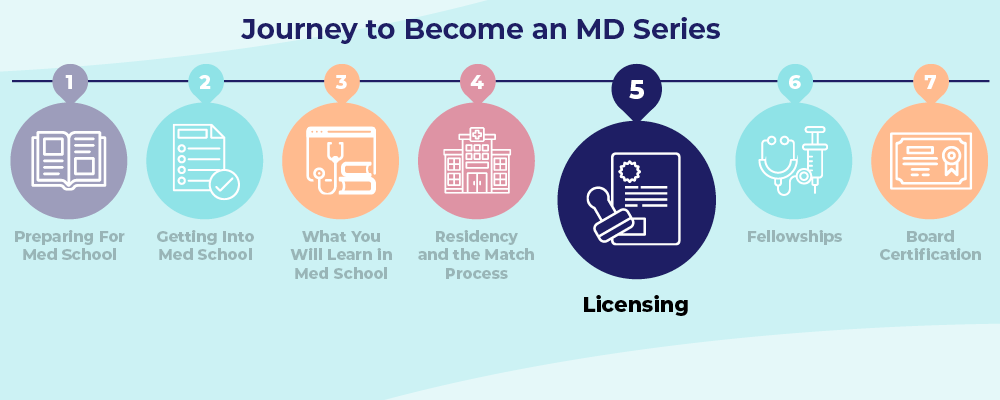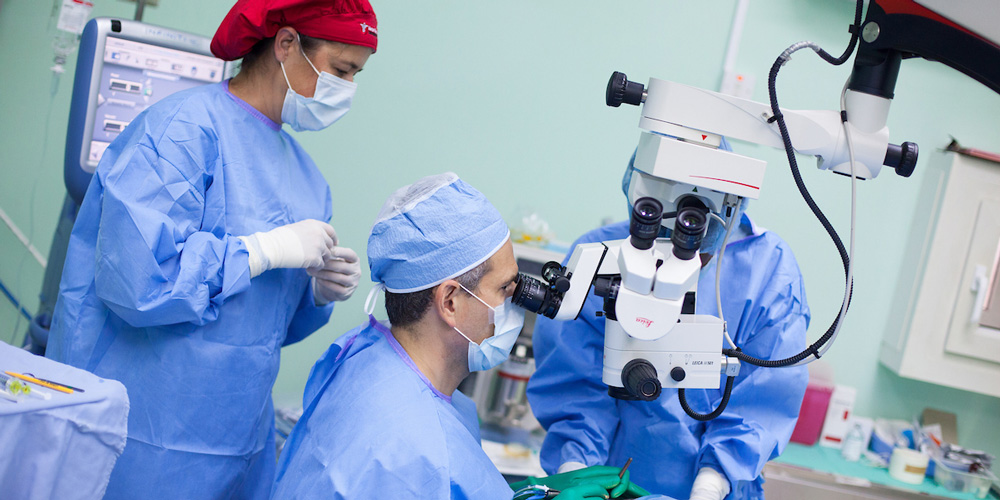
The medical licensing process is a vital step for ensuring that physicians meet the required standards of competence, ethics, and professionalism. It involves rigorous examinations, such as the United States Medical Licensing Examination (USMLE) or Medical Council of Canada Qualifying Examination (MCCQE). These assess medical knowledge, clinical skills, and decision-making abilities. Licensing is not just about passing exams. Licensing protects patients and hospitals by verifying that only qualified individuals practice medicine, thereby reducing the risk of medical errors and substandard care.
The journey doesn’t stop once you are licensed. Initial licensing is a big focus for new doctors, but the process includes continuous education and re-certification to keep physicians updated on advancements in medical science and practice.
USMLE Step 1
The USMLE Step 1 exam is a critical test for medical students. It assesses a student’s understanding and ability to apply basic science concepts to medical practice. It covers subjects like anatomy, biochemistry, microbiology, pathology, pharmacology, and physiology.
The exam, taken after the first two years of medical school, uses multiple-choice questions to evaluate problem-solving and foundational knowledge needed for clinical practice. A passing score is required for medical licensure in the United States. As you can imagine, passing this exam plays a significant role in residency placements.
We broke down how students prepare for the USMLE Step 1 exam, some recent changes to the test, and provided information about how students at SGU perform.
- How to study for step 1: Tips for USMLE success
- Breaking down the USMLE step 1 changes
- SGU School of Medicine USMLE Step 1 step 1 pass rate
USMLE Step 2
The USMLE Step 2 exam is taken in your fourth year of medical school while you are undergoing clinical training. There are two parts of the USMLE Step 2 exams: Clinical Knowledge (CK) and Clinical Skills (CS). Step 2 CK evaluates a medical student’s understanding of clinical science and their ability to apply medical knowledge in a clinical setting. This exam consists of multiple-choice questions covering internal medicine, surgery, pediatrics, psychiatry, and other specialties.
Step 2 CK focuses clinical skills through patient encounters, testing the student’s ability to gather information, perform physical exams, and communicate effectively with patients.
Together, these exams ensure that medical students are prepared for supervised medical practice and are essential for advancing to residency training. We answer some common questions and outline information about the Clinical Knowledge portion of the exam.
- 5 common questions about USMLE step 2
- 4 things you need to know about the USMLE Step 2 Clinical Knowledge (CK)
USMLE Step 3
The final exam of the USMLE, the Step 3 exam, tests your application of medical knowledge and your understanding of biomedical and clinical science which is necessary for the unsupervised practice of medicine. There is also an emphasis on patient management in ambulatory settings.
In order to be eligible for Step 3, you must have passed Step 1 and Step 2 CK and have your MD or DO degree. Once you pass Step 3, congratulations! You are now licensed. Consider this another chapter completed in your medical career.
Let SGU help prepare you for the USMLE
Starting your med school journey at SGU means joining a community dedicated to your success in school and beyond. SGU’s curriculum and resources for students are designed to make you feel prepared and confident to tackle the USMLE. Learn more about SGU’s USMLE pass rates.

